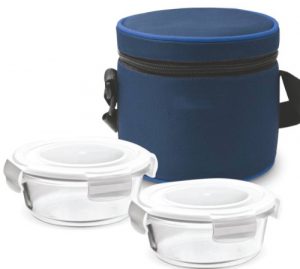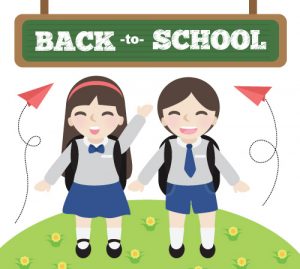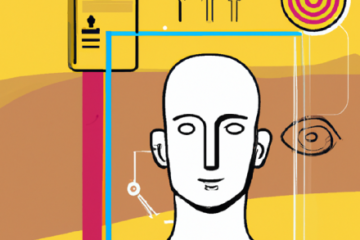Dr. Himanshu Dutt: If only they knew what their customers know
VOICE OF EXPERTS
If only they knew what their customers know

There are no good or bad products; just the experiences. Good or bad – these experiences are a part of our daily lives. These experiences are a sum total of the stimuli around us and our ability to let these stimuli influence us. These experiences shape our perception about a product or service consumed, read about or heard of from friends and families. Accordingly, we infer if a brand was worth interacting with or not. Feedback is, therefore, an integral part of this user experience process. Brands that act on these feedbacks are called customer-centric. Over a period, it becomes a part of the DNA and this is what differentiates a tiger from the cats. We’ve heard of this before. So why do we fail? ‘We fail when we fail to act.’
 Let’s consider a company that pioneers in glassware lunchboxes. Microwave safe is often deemed as healthy. But how about the carry cases for these glass lunch bowls? Are these made of the same great quality? Great bowls agreed; but you can’t carry them to work because the zip-line of the carry case came out within a few days of purchase, defeating the whole purpose of brand’s ‘safe, healthy lunch’ experience. Now if you want to buy a standalone carry case – do you think you would be able to get it in the market? No.
Let’s consider a company that pioneers in glassware lunchboxes. Microwave safe is often deemed as healthy. But how about the carry cases for these glass lunch bowls? Are these made of the same great quality? Great bowls agreed; but you can’t carry them to work because the zip-line of the carry case came out within a few days of purchase, defeating the whole purpose of brand’s ‘safe, healthy lunch’ experience. Now if you want to buy a standalone carry case – do you think you would be able to get it in the market? No.
 Consider a more informal experience. My son, a nursery student, had his school just started this April. We bought a pair of uniform for him – a t-shirt, a pair of half pants and a pair of socks sold by the school itself. Of course, the school had a monopoly since it was mandatory to buy uniform from the school and therefore it was selling at a premium. Same with books. Think. Is selling uniforms or books the core business for schools? Now if I wanted to purchase a t-shirt alone (just to have more options since it’s peak summertime), they will discourage you from buying that. A standalone product – either the top or the lower – can be bought for Rs. 550 and the duo for Rs. 750. Would you still carry that ‘noble and good’ image about schools that you initially had before experiencing such a predatory situation? No.
Consider a more informal experience. My son, a nursery student, had his school just started this April. We bought a pair of uniform for him – a t-shirt, a pair of half pants and a pair of socks sold by the school itself. Of course, the school had a monopoly since it was mandatory to buy uniform from the school and therefore it was selling at a premium. Same with books. Think. Is selling uniforms or books the core business for schools? Now if I wanted to purchase a t-shirt alone (just to have more options since it’s peak summertime), they will discourage you from buying that. A standalone product – either the top or the lower – can be bought for Rs. 550 and the duo for Rs. 750. Would you still carry that ‘noble and good’ image about schools that you initially had before experiencing such a predatory situation? No.
In the first example, you can’t buy a stand-alone product that’s complementary and thus you end up buying a full set at a premium– irrespective you need it or not. In the latter example, you may buy a product separately but at a premium, that’s simply not worth its price. Such examples can be seen at all stages of life. They are omnipresent and as I mentioned before, some of them would be good and some bad.
For the examples above, do you think I would recommend them? Maybe Not or Definitely No. So, my next lunch box may not be this “pioneer of glass bowls” and my second son’s school (he’s 1 year old) may not be this “good and noble” school. The worst part is, both these organizations won’t ever know the real reason behind detraction. Without feedback, they have already ceased their source of insights from the very first touchpoint itself.
Without feedback, they have already ceased their source of insights from the very first touchpoint itself.
How I wish they’d both try to take feedback from their consumers and really do something to act on it.
“I guess it’s never too late to do the right things.”
Guest blog by Dr. Himanshu Dutt
 About the Author
About the Author
Dr. Himanshu Dutt is the Head of Customer Success at DMI Consumer Credit Pvt. Ltd. You can connect with him on https://www.linkedin.com/in/himanshudutt

